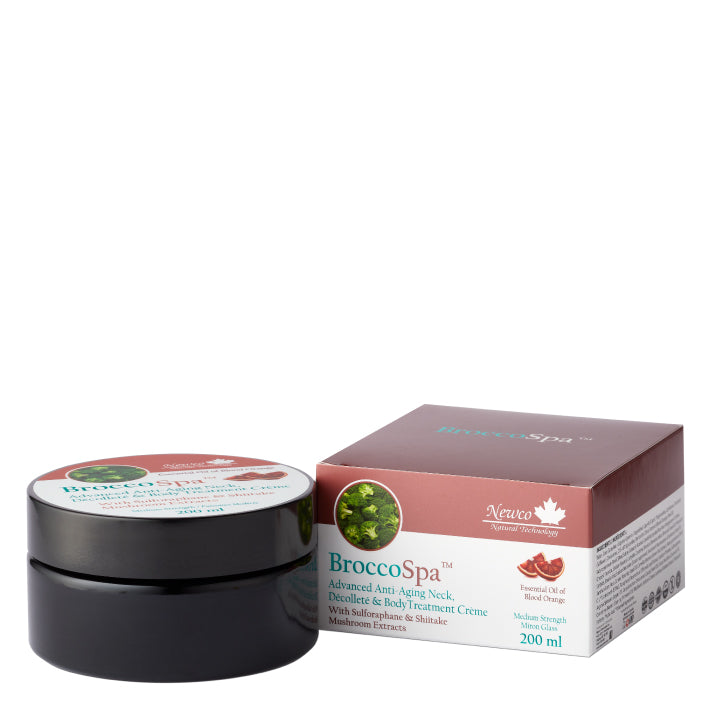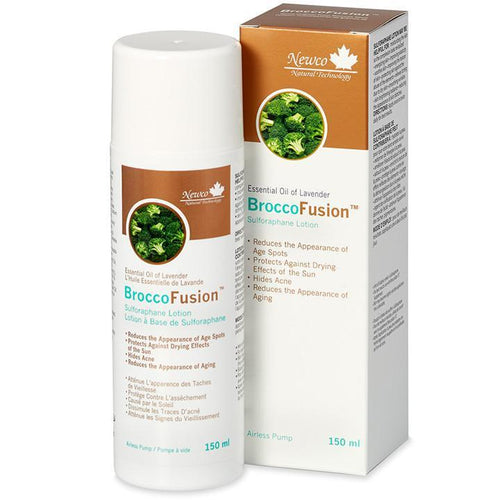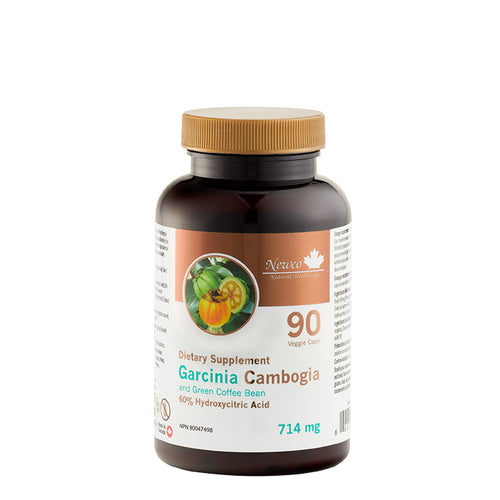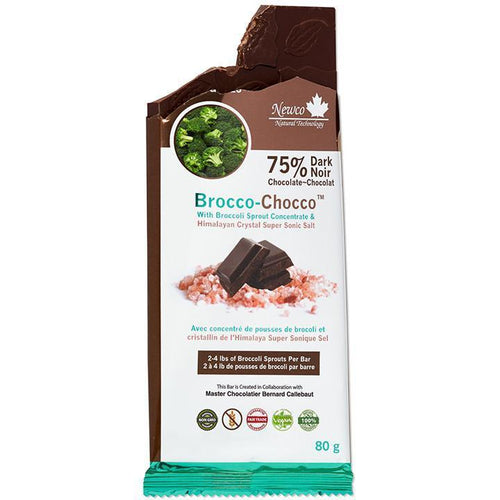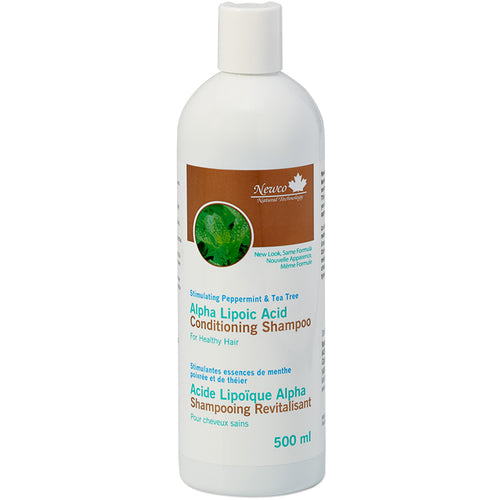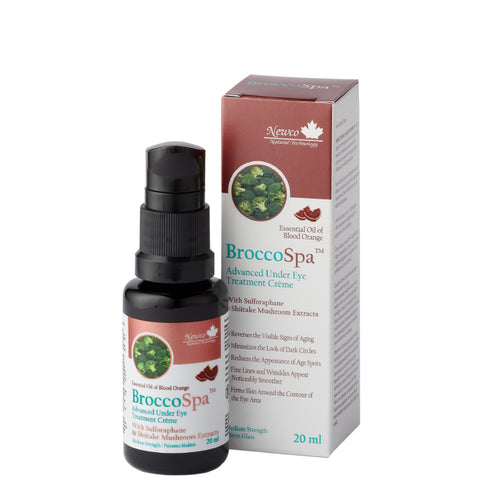I have been buying piperine from Newco Naturals for many many years and this is the first time I have done a review.
In addition to stimulating the immune system, potentially fighting cancer and offering powerful antioxidant activity, piperine also increases the bioavailability of other substances, notably resveratrol and curcumin. In one study, the addition of piperine increased absorption of curcumin by 2,000%.Further, as noted in Medicinal & Aromatic Plants:
"Piperine increases the absorption of many drugs and nutrients from the gastrointestinal tract by various mechanisms. It alters the membrane dynamics and increases permeability at site of absorption.
Piperine increases the serum half-lives of some substances like beta-carotene and coenzyme Q10 and decreases metabolism of many drugs by inhibiting various metabolizing enzymes …"
This means adding white or black pepper to your meals may make it easier for your body to absorb the many nutrients they contain. Pepper itself also contains some nutrients, including manganese, vitamin K, fiber and iron.
As for its effects on blood pressure, piperine may help to dilate blood vessels and alleviate hypertension. Piperine has even been described as a potential functional food for mood and cognitive disorders, as it possesses antidepression-like activity while enhancing cognitive function.
Pepper Has Been Valued Since Ancient Times
Known as the "king of spices" and "black gold," pepper was considered a valuable spice and medicinal agent in ancient Chinese and Indian medicine, used for the treatment of pain, chills, rheumatism, influenza and fevers.
"In tea form, black pepper was also credited for relieving migraine headaches, strep throat, poor digestion and even coma," researchers wrote in Comprehensive Reviews in Food Science and Food Safety. "It was also used for enhancing the circulation of blood, increasing the flow of saliva and stimulating appetite."
References to pepper date back to ancient Greek and Roman texts, and the spice trade, especially pepper, was active even in 1000 B.C. During medieval times, its rarity and cost gave pepper the status of a luxury item, hence the Dutch phrase for a prohibitively expensive item, "pepper expensive."The McCormick Science Institute adds:
"Pepper was so precious in ancient times that it was used as money to pay taxes, tributes, dowries and rent. It was weighed like gold and used as a common medium of exchange. In A.D. 410, when Rome was captured, 3,000 pounds of pepper were demanded as ransom."


